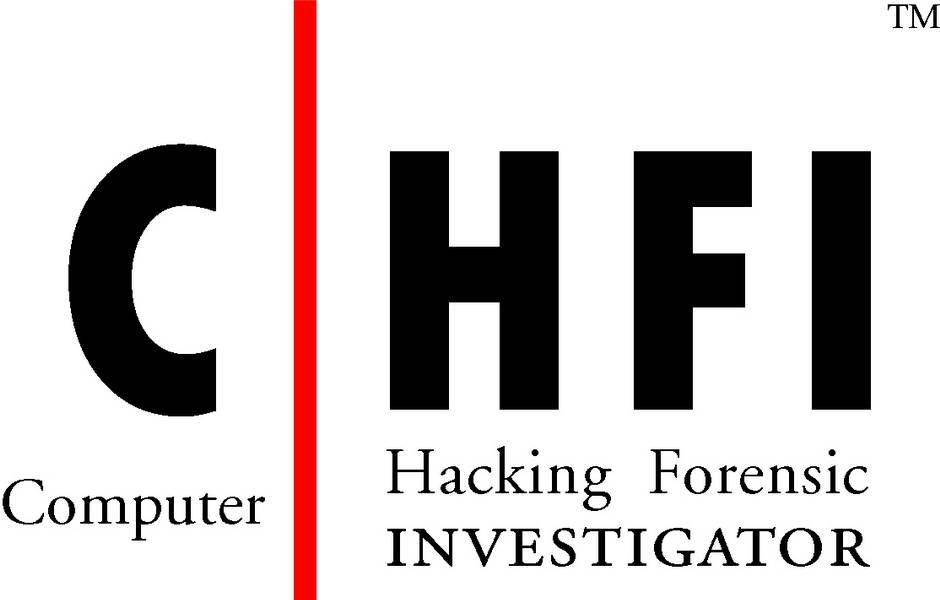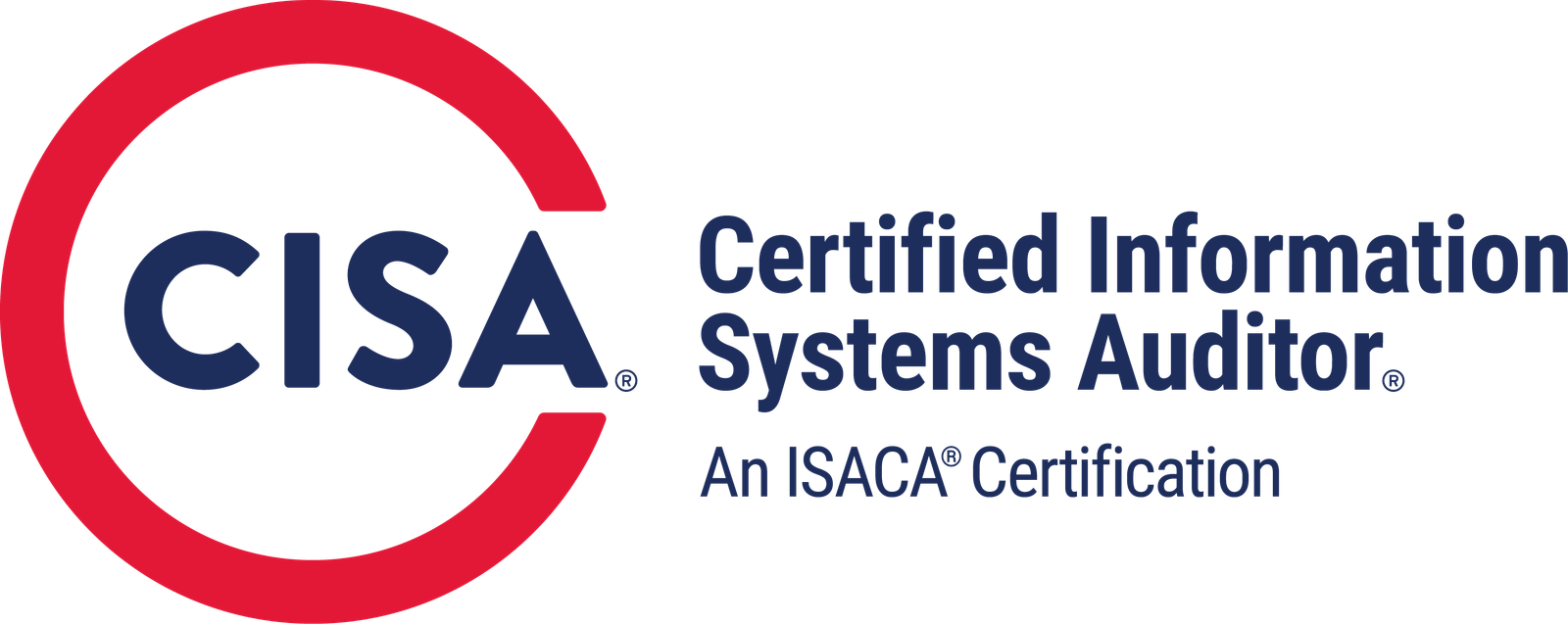Course Overview
40514-G: Microsoft Cloud Workshop: Migrating Oracle to Azure SQL or Postgre SQL is a 1-day hands-on workshop that is designed to teach IT professionals how to migrate their existing Oracle databases to Azure SQL or PostgreSQL. This covers topics such as database migration assessment, migration tools and services, database migration best practices, and post-migration validation. Participants will learn how to use Azure Database Migration Service to migrate their Oracle databases to Azure SQL or PostgreSQL, and how to optimize the performance, security, and management of their migrated databases. Upon completion of the workshop, participants will receive a certificate from Microsoft that verifies their proficiency in migrating Oracle to Azure SQL or PostgreSQL.
Target Audiance
- The CHFI program is meant for professionals who are involved with information system security, computer forensics, and incident response:
- Computer Forensic Analyst
- Computer Network Defense (CND) Forensic Analyst
- Digital Forensic Examiner
- Forensic Analyst and technician
- Network Forensic Examiner
- Computer Crime Investigator




 4.7
4.7


